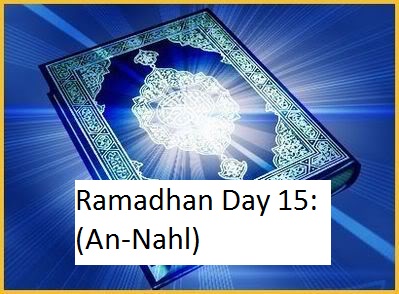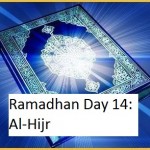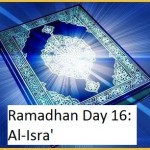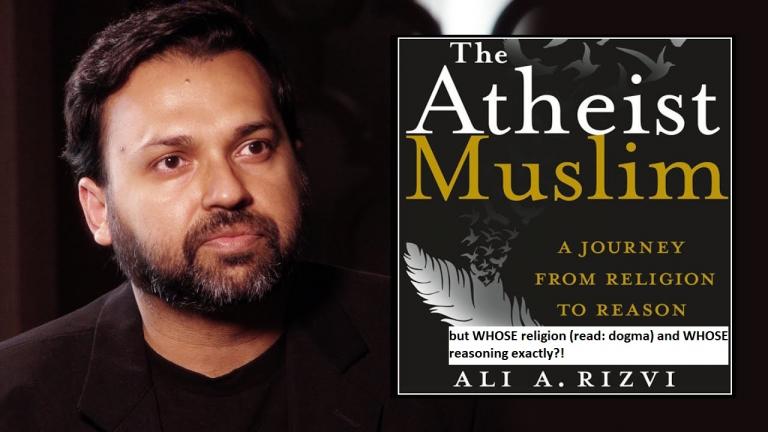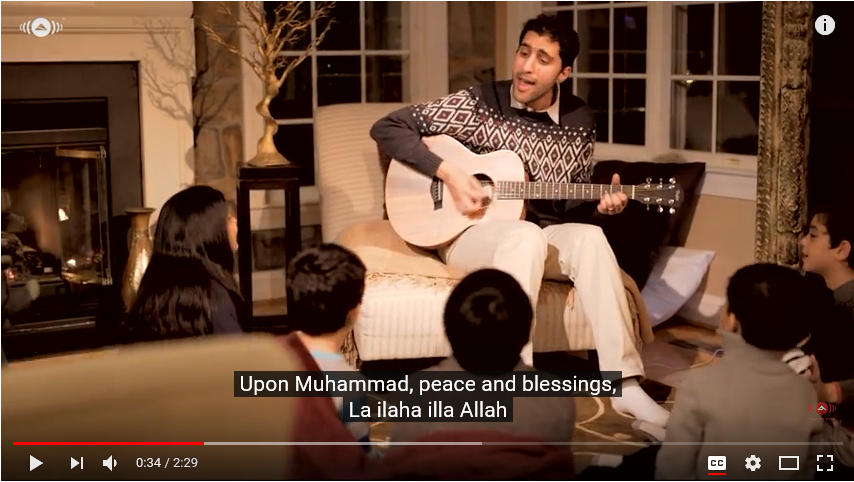After the relatively ‘soft’ chapters of the ALR series, we come to two more action-based chapters, An-Nahl and Al-Isra’. Chapter 16 (An-Nahl) gives the various practical aspects of life which all go back to tawheed.
It begins with a bracketed set of verses about shirk/association. 16/1 begins with the coming of the command/affair of Allah. This leads to tasabbuh (bringing him to the foreground). 16/2 tells us of the coming of the angels with the ruh/spirit of God’s command. They will bring intimate knowledge of tawheed (there is no god but ME). 16/3 returns us to his creative power above those whom they associate.
This chapter goes though a wide variety of topics but focuses a lot on the universality on messengerhood. 16/36 onwards tells us about the role of the messengers. 16/43 tells us of the independent ppl given inspiration. 16/44 tells us the role of the messenger as one who makes dhikr universally known through the clarifications and institutions.
One unique element of this chapter is the mention of the bee. 16/68-69 tells us to take example from the bee with its diversity of roles and building its habitation and producing its own nourishment.
16/89 talks about the day where every ummah will have a witness. This is linked to ‘the book’ which explains everything (like the Quran in 12/111). Practical instructions are given to achieve success on this day from 16/97. This involves performing righteous deeds (which connect with God’s laws), to read the Quran with the application always in mind (away from the alienating force). To watch for the changing of signs (101) and the coming of the sanctifying spirit for those who make thing whole (102). When that happens the language of our reading will become obviously smooth, unlike when it is taught by ordinary mortals.
Towards the end of this chapter, Ibrahim is mentioned as an ummah devoted to Allah (16/120). This shows the capacity of one person through tawheed to become a model for humankind (2/124).

